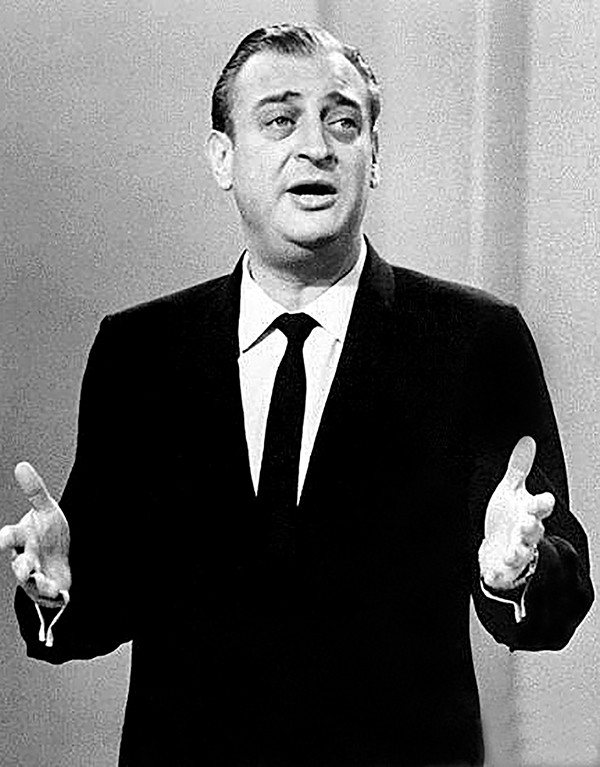November is the Rodney Dangerfield of months. It gets no respect, no love, except maybe a few laughs. There are no great songs about November, and poems about the 11th month always seem to be dreary things — odes to cold wind, fallen leaves, gray skies, death, etc. Sure, there’s a big holiday near the end of the month, but no one would really care if it got moved to September.
November is a transitional month, a boring layover in our annual trip around the sun, coming as it does just after October’s crisp blue skies and glorious autumnal foliage, and just before the crushing avalanche of December’s major holidays. November is meh. Six hours at the Omaha airport.
I decided to see if I could find anything good written about November because I’m a nerd at heart and that’s the way I roll. I went to Bartlett’s Familiar Quotations and found November getting kicked around like a rented mule by various literary lights through the centuries, from D.H. Lawrence to Thomas Hood to Sir Walter Scott, who wrote:
November’s sky is chill and drear,
November’s leaf is red and sear …
See what I mean? And in 1562, Richard Grafton (you remember ol’ Richard, don’t you?) penned these immortal words:
Thirty days hath November …
Now there’s a man who went out on a limb, poetically speaking. The best thing he could find to write about November was that it had 30 days! Sadly, a few years after his death, the poem was amended to the more familiar “Thirty days hath September …” And now they’ve got all those sexy months — September, April, May — up there at the top of that piece of doggerel. Like I said, November gets no respect.
Except for in presidential election years, when the word “November” is bandied about for months, as both a beacon of hope and a harbinger of doom, depending on what poll you last saw or which pundit you most recently read. The column you are reading right now went to press on Tuesday — Election Day — so I have no idea what kind of mood you will be in when you read this. You could be filled with joy and hope for our country or you could be pondering a move to the sunny coast of Portugal.
All of which makes me want to offer you a bit of beauty to use as solace or in celebration. It’s a poem by Molly Peacock called, well, “November.”
Novembers were the months that began with No.
“Oh no.” They died in embers. Above were
V’s of geese in skies lit from these low
Even fires. The fires of fall were
Mirrors for the feelings I felt before
Being. I’m telling you now I feel I
Exist for the first time! Neither the bareness nor
Roughness demoralize — I realize I
See much clearer what leafless branches show.
It’s a zen-like puzzle-box of a poem. You can read it over and let the words slide around and small tricks and secrets reveal themselves. I found it comforting and calming. And I’m wishing as I write this that Molly’s poem — and the events of this long-awaited November Tuesday — bring us all some kind of joy, some sense of peace.

